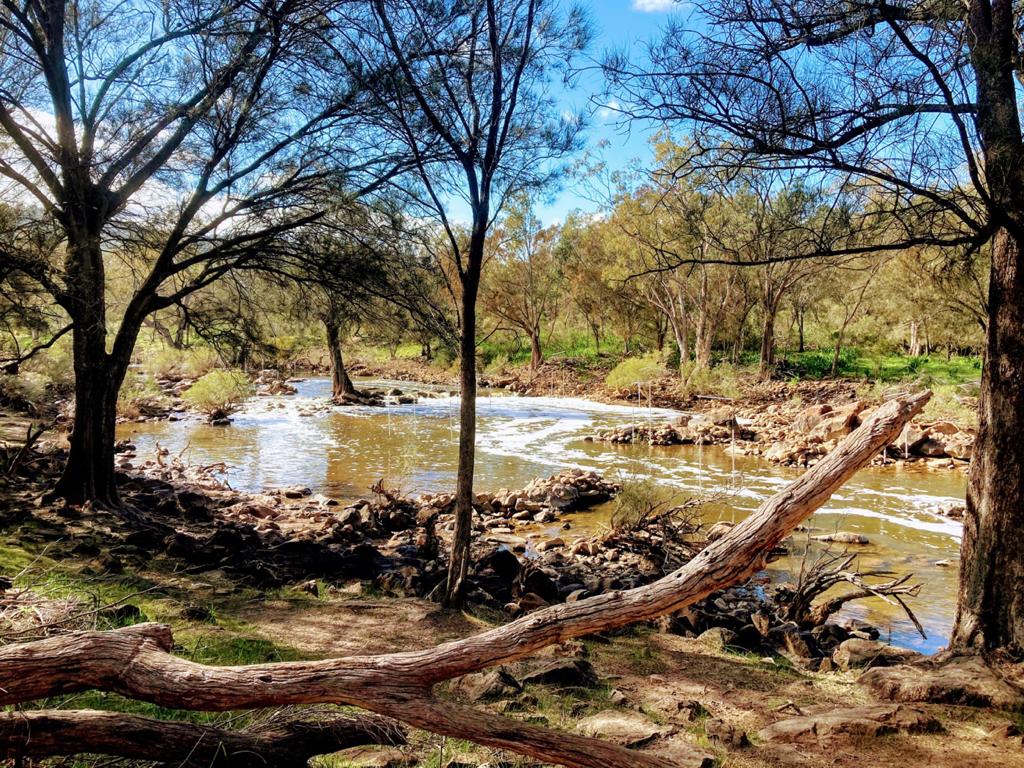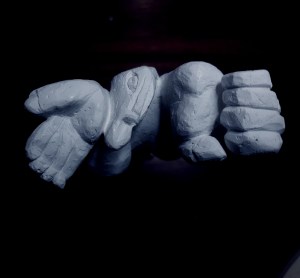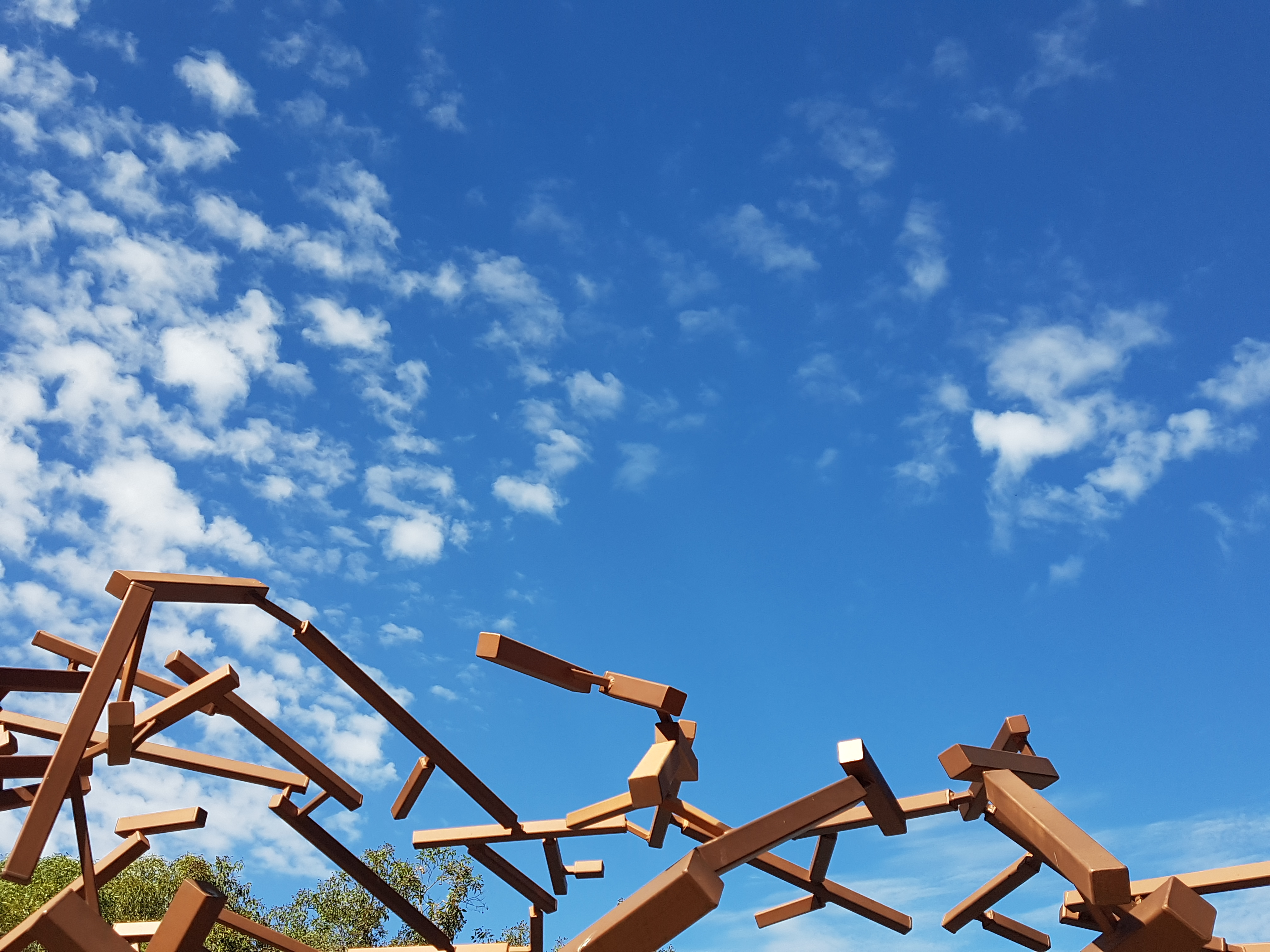after which he smiled. 7. Then God located the binary swing of the atom and gave it prominence. Thus there emerged from their subsequent dance, the sky and the land. 8. He breathed air and called it Heaven, peopled the land and, called it Hell. 9. People dreamed of flying, watched birds and, like them, wished to fly. It was a grand dream that took grip of their imagination. 10. But, even those who managed to fly, found that sooner or later, they had to return to the ground. 11. What goes up, must come down. It’s not rocket science. 12. Where the planes came down, at an aerodrome on the outskirts of town, a bird-chaser lived in a shack. 13. His job was to chase flocks of ducks and seagulls that gathered there and presented a hazard to planes. (They did not consider that, perhaps, the planes were a hazard to the birds). But, the duck chaser did as he was told.

14. His name was Jack and he thought a lot about flight, birds, growing olives and the meaning of life. 15. He was looking for a unified theory of everything. 16. Or rather, he was looking for the words to describe the thing that connected everything. 16. If the world is all that matters and matter is comprised of atoms, why is conscious thought still on the outside of everything? In fact, where is it located? 17. It’s a very hard problem he thought. But it can’t be rocket science. 18. Jack inhaled great draughts of air and as he did, he had a thought that opened like a flower of light stretching its petals. If heaven is in the sky and, the sky is air and, we breathe air, do we not have heaven within us? Surely we do not need to fly to get to heaven he thought?

19. Jack told his friend Felix, the owner of a local Tavern, about his idea. 20. Many pilots frequented Felix’s Tavern and opened up to him about their problems, like in the movies (except this was for real). 21. One night Felix told some of them about his friend, Jack, and his theory that men did not need to fly to reach heaven. 22. You could have heard a pin drop. 23. What does a duck chaser know about the science of flight? they said, and left . 24. The dedicated fliers among them did not like this talk. It made a mockery of their endeavours. 25. Then they became angry. 26. Through friends of friends in high places, they had Jack fired from his job. 27. This did not bother Jack who moved to a shack in the country to grow olives and think.

28. The disgruntled airmen flew as often as possible to forget what Jack had said. 29. They grew angry and bitter, he had tainted their flights with doubt. 30. They resolved to call him evil, for he had made impure what had always been pure. 31. Only fliers and those with aeroplanes, or friends with aeroplanes they said, were loyal to the idea of heaven. 32. It is blasphemy for a person to claim that just by breathing, on his own, anyone can find heaven they exclaimed. 33. To know Heaven, a person must fly with an authorised carrier. This, they proclaimed, is the way.

34. And that became law because big money was involved. 35. Jack and his kind would now face legal proceedings if they dared speak against the authorised carriers, big or small. 36. How cruel you are to take from people their dreams. Begone from our midst, leave us at least our dreams the lawyers representing the authorised carriers told Jack. 36. Jack was happy to begone from them. By begone he understood them to mean be quiet. That he could do. 37. And, the lowly breather of air departed from the lawyer’s office whistling a happy tune. 38. The lawyers cracked open a box of Cohiba Siglio #3 and celebrated. They laughed and laughed. 39. They had outwitted Jack and his kind. Furthermore, they were friends with people of influence. 40. Soon, it came to pass that there were two kinds of people. Fliers who dreamed of flying and those who grew olives, had regular day jobs and just breathed.
41. The fliers became like gods. They sought to safeguard their knowledge of flight.42. After months of collaboration they produced a very special book: The Authorised Manual Of Flight. It was a Big book.

43. They filled the manual with complicated mathematics and laws of physics and equations to describe force, gravity, velocity and motion. They concluded with a chapter entitled How to fold your parachute and avoid death. 44. Initially there was a great demand for the book but since no-one could understand it, sales dropped and soon it was forgotten. 45. This pleased the fliers. There plan had worked. Their jobs were secure, as was the adoration they enjoyed from the masses. 46. The masses accepted that they were illiterate in the field of flight. They were relieved they did not need to read complicated books or learn to fly. They were happy to pay authorized carriers to carry them. 47 They continued to work hard and save like heck to pay for the privilege of being flown. 48. Everyone was happy. 49. Except the men of influence, the friends of friends of fliers. 50. Everyone was benefiting from flight but them. 51. They introduced a tax for all authorized carriers, big and small. 52. The carriers were busy, the tax was annoying but they had expected it. They increased their fares and paid their taxes. 53. Now, everyone was happy. Those who were not, did not count.

54. Meanwhile, back at his shack, Jack was happily harvesting olives and sharing his ideas with back-packers who came from all over the world to experience honest work. 55. And, they paid Jack for the work they did. This made no sense to Jack, but it was what they wanted. He was happy to comply with their wishes. It’s not rocket science. 56. Besides, their company was good. 57. Jack’s ideas got traction overseas. He did not spread them but the back-packers who were mostly young were liberated by his notions and upon returning home, many took up flying. They built their own flying machines. 58. The authorized carriers were not happy when they discovered that people were flying independently of them. 59. We must stop these anarchists before they destroy our way of life, they declared. 60. And the headlines in newspapers (owned by friends of friends of people of influence) read: Anarchists threaten our way of life! 61. The young flyers were stunned. They searched for the meaning of anarchist: 62. a person who believes in or tries to bring about anarchy. They then had to search the term Anarchy: a state of disorder due to absence or non-recognition of authority or other controlling systems. 63. They quickly sought legal representation. 64. No lawyers were willing to represent them. 65. The anarchists were arrested.

66. Everyone felt better. 67. Troublemakers are selfish, the tabloids reported, never happy. 68. The authorised carriers breathed a collective sigh, smoked their cigars and went back to the skies. 69. I went back to my olives and shack, smoked my pipe and wrote this down. 70. Now I pickle olives and between thoughts, I breathe, deeply and contentedly. 71. I wish you peace. 72. The end.




